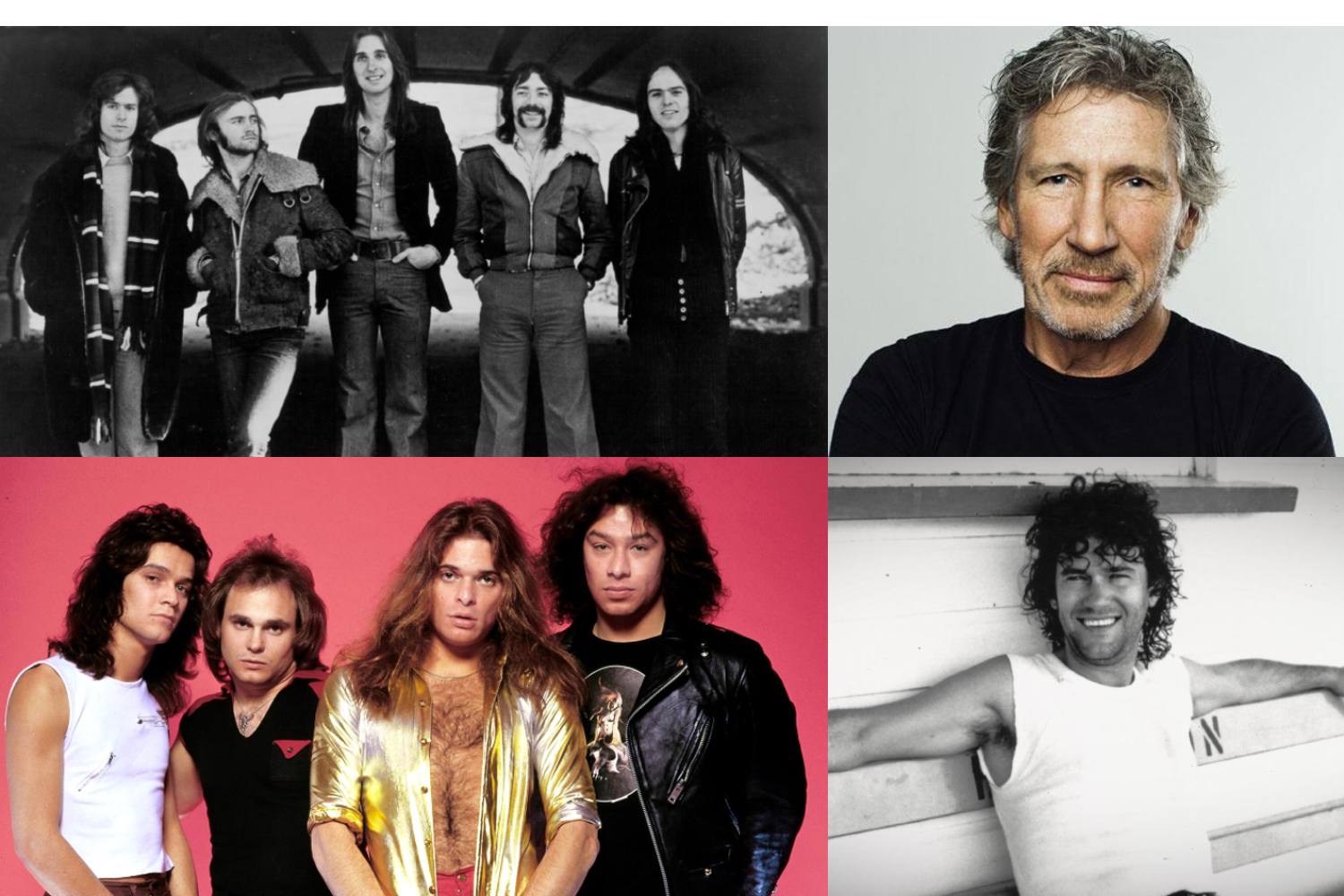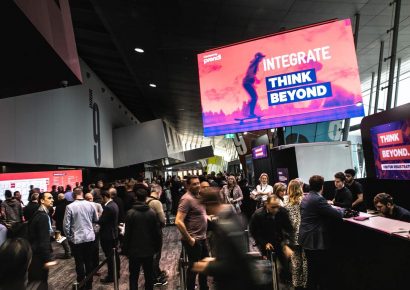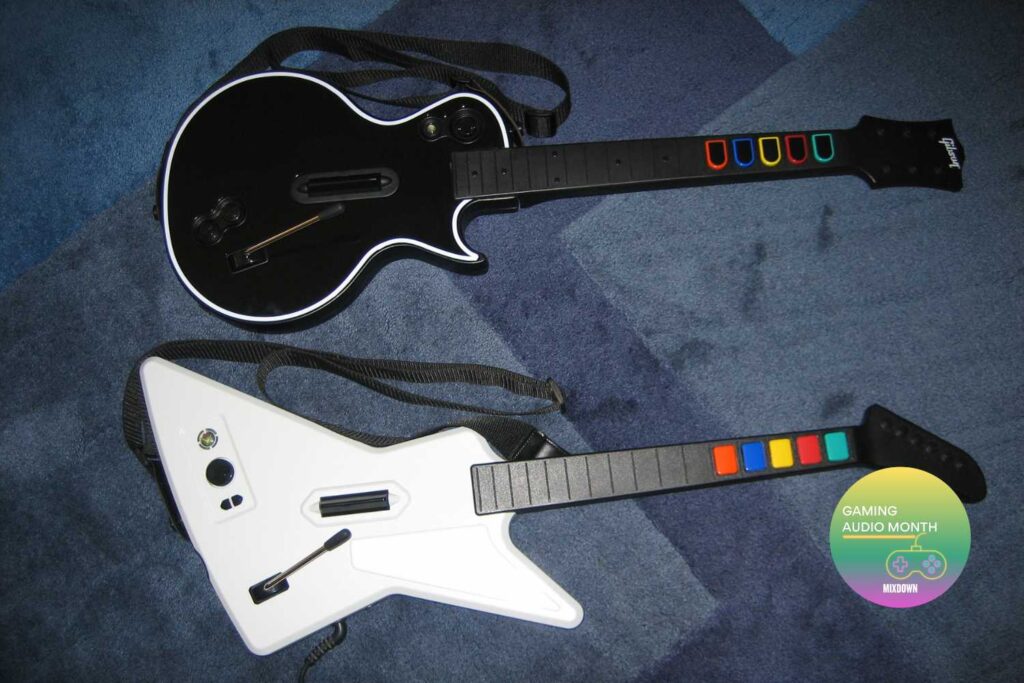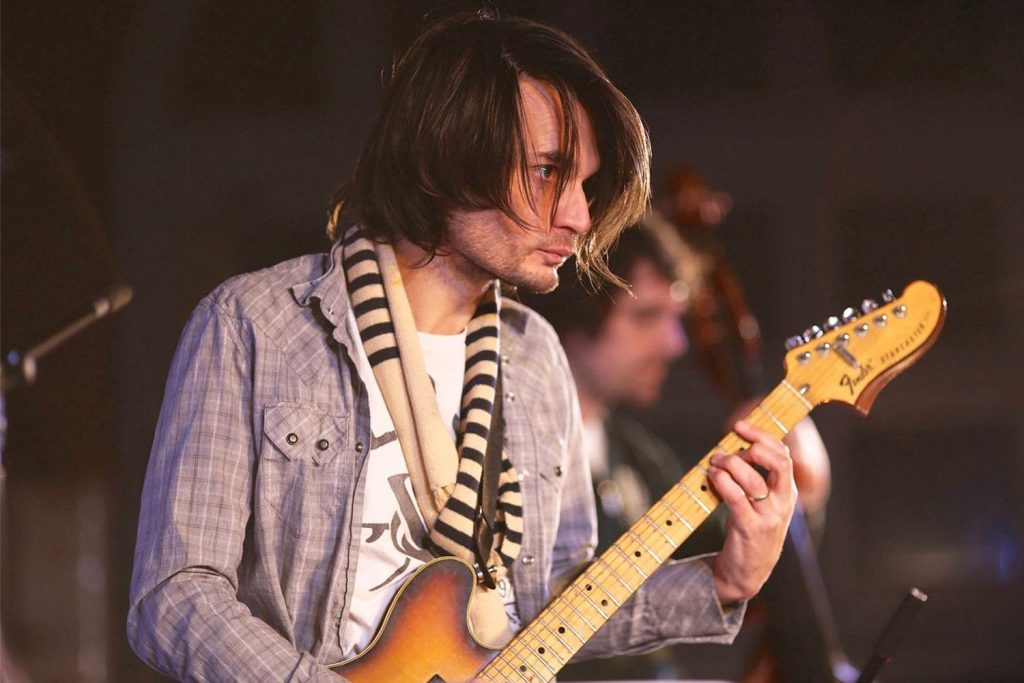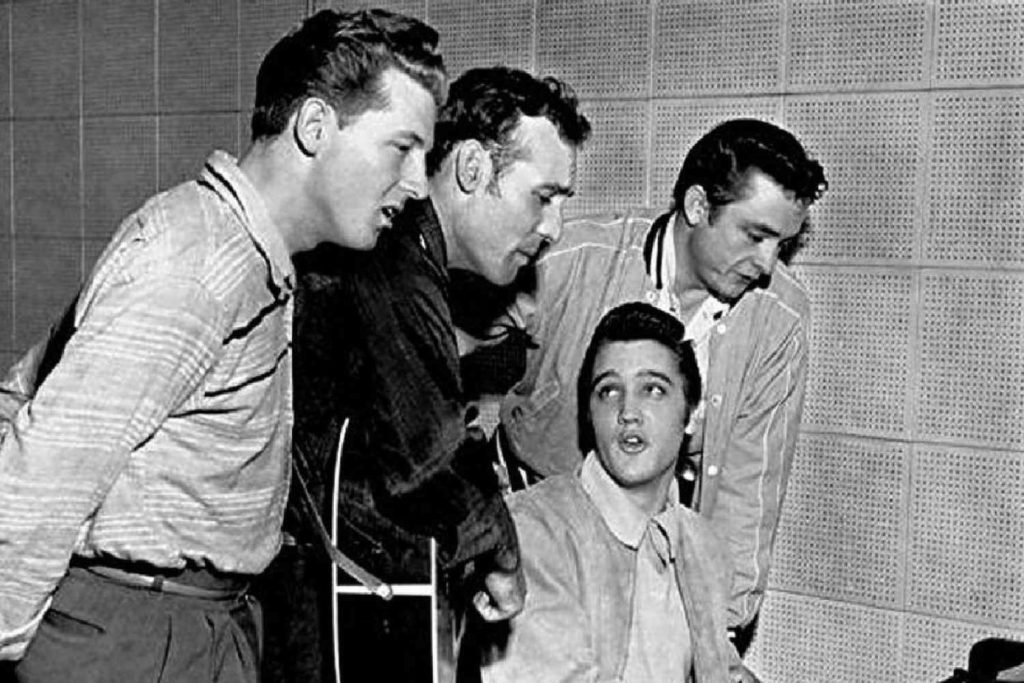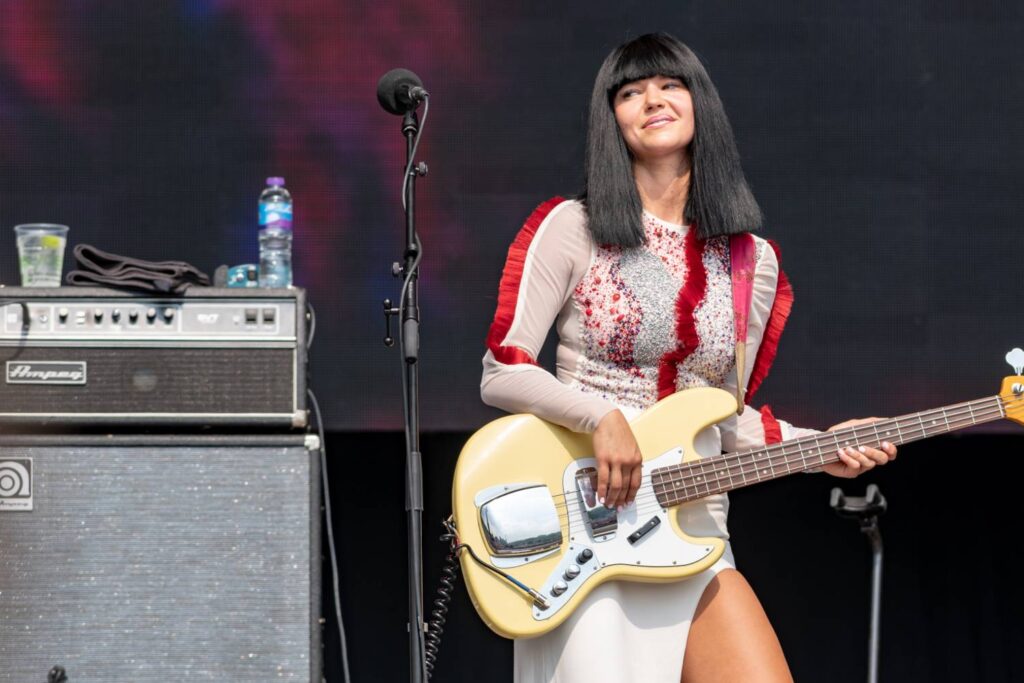To be, or not to be in a band?
“To keep in silence I resigned, my friends would think I was a nut
Turning water into wine, open doors would soon be shut
So I went from day to day, though my life was in a rut
‘Til I thought of what I’d say, which connection I should cut
I was feeling part of the scenery, I walked right out of the machinery
My heart going boom boom boom
Hey, he said, grab your things, I’ve come to take you home”
And thus, with the song ‘Solsbury Hill’ written from the experience, Peter Gabriel embarked on his long and enormously successful solo career, leaving his long time band, Genesis. It would be some years later, when drummer-turned replacement vocalist Phil Collins released his solo material, selling more albums solo than with the band. Bassist/guitarist Mike Rutherford had his extra-Genesis vehicle, calling his project Mike & the Mechanics.
To be in a band, or not be in a band? It’s a major career question that burns in the minds of so many aspirational musicians. There are advantages and disadvantages to both, loads of positive examples to follow or warnings to heed.
“Will I be more successful solo, or with this crew?”
Defining success
Chart sales (or online streams today) is obviously the most cited objective measurement, and we have loads of examples of solo artists who’ve sold far more albums after leaving their bands or groups. Obviously current streams don’t tell the whole picture, especially for older acts not actively touring, but it’s interesting for our purposes to compare total monthly Spotify listeners at time of writing, of a few acts that come to mind:
Justin Timberlake 25,586,020 > NSYNC 6,148,638
Harry Styles 73,365,450 > One Direction 31,273,408
Beyonce 43,291,301 > Destiny’s Child 11,881,088 (Kelly Rowland has 3,562,986)
Phil Collins 16,717,297 > Genesis 6,520,357 (Peter Gabriel has 5,053,100)
Michael Jackson 30,496,653 > The Jackson 5 7,188,474
But for every success there’s a solo artist who has far less monthly listeners than their band:
Curt Smith 590 & Roland Orzabal 9,409 < Tears for Fears 12,934,565
David Lee Roth 976,676 & Sammy Hagar 1,589,269 < Van Halen 11,227,236
Ann Wilson 284,300 & Nancy Wilson 25,217 < Heart 7,147,594
Paul McCartney 10,121,731 & John Lennon 8,433,883 < The Beatles 26,456,417
Ian Moss 210,374 & Jimmy Barnes 914,981 < Cold Chisel 1,127,104
Rob Thomas 1,714,362 < Matchbox Twenty 4,918,577
Roger Waters 544,069 < Pink Floyd 15,435,391
Don Henley 5,344,576 & Glenn Frey 2,264,388 < Eagles 17,668,738
Brian “Head” Welch 35,954 < Korn 7,388,996
But how else do we define success? Career or creative satisfaction? Volume of output? Peer or critical success? Positive effect on the rest of one’s life? Longevity? Seminal influence?
Heading for the door
Many people leave bands because of major life direction changes or differences – such as Brian “Head” Welch leaving Korn, for example. The litany of band members who’ve left touring bands to spend more time with their family. The soloist’s choice to leave the group has sometimes been credited with saving their life itself. Getting the addict off drugs. Saving a broken marriage. These are unquantifiable benefits.
In contrast, other artists have withered and lost purpose and direction without the creative accountability, camaraderie, friendship and stability being in a group of co-creatives can offer. Instead becoming surrounded by “yes men” – if anyone at all!
When extensively touring – the USA in particular – a band becomes the musician’s entire social network. To have this life foundation removed can be devastating.
But let’s examine some misconceptions about being in a band compared to being a solo artist. People often perceive a band as a democratic group of friends who make all the creative decisions together, while a solo artist is the master of their own destiny and captain of their solitary ship.
The solo band?
But, a “band” may actually be a marketing brand for a true solo artist. There are a host of contemporary solo artists using what initially appear to be band names. For example: Tame Impala (Kevin Parker), Wild Nothing (Jack Tatum), Burial (William Emmanuel Bevan), Aqualung (Matthew Nicholas Hales)
A band might also be under the creative direction of a single dominant driver. While there may be regular long time contributors, there may only be one person signed to the record deal, as the Carpenters’ Karen Carpenter was for example.
In contrast there are many solo artists who make music in heavy collaboration with others. ‘Elton John’ could in a sense be considered the “band name” of Bernie Taupin and Reginald Dwight.
‘Billie Ellish’ is effectively the sum of both the O’Connell sibling’s creative expression.
Tears for Fears was perceived to have been Roland Orzabal’s solo project when Smith left, except that he was regularly collaborating with Allan Griffiths and Tim Palmer.
Madonna’s Ray Of Light is very heavily and obviously shaped by collaborator-producer William Orbit’s expression.
Beck’s expression has been shaped by collaboration with The Dust Brothers.
Max Martin is of course the creative driver behind a stream of major-label hits for various solo artists (and bands for that matter).
The hip-hop community routinely list various collaborators individually (which is effective cross-promotion and hyperlinking) as do various older jazz and classical ensembles. Even Crosby, Stills, Nash & Young follow this tradition of naming each member individually rather than having a cool collective name for the entity.
Is deciding whether to use a band or solo name simply a marketing decision then?
There have been a host of artists who have had backing bands with their own distinct name: from Prince and the New Power Generation, Bruce Springsteen and the E Street Band, Huey Lewis and the News, Bruce Hornsby and the Range, going all the way back to Cliff Richard & The Shadows and Bill Haley and His Comets (a nomenclature mirrored by say Johnny Diesel & the Injectors).
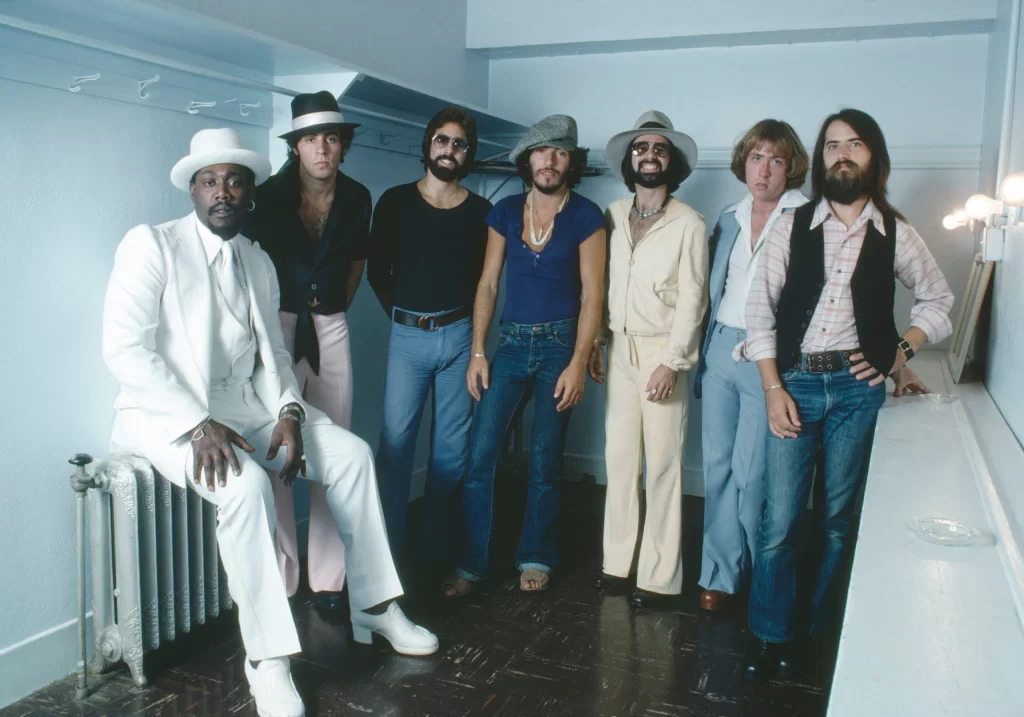
The advantage for the band – certainly in the case of the E Street band, The Shadows, and New Power Generation – is that the band can continue to perform without the fronting artist. As can the soloist, without forming a completely new brand.
Then of course there’s the unique and intriguing story of Fleetwood Mac. Originally a Peter Green artistic vehicle called Peter Green’s Fleetwood Mac, he gave Mick Fleetwood and John McVie their band name so they had something after he left. After Christine Perfect joined, the band incorporated the duo Buckingham Nicks into the group and the rest is history. Amazingly successful in terms of record sales, but leaving two marriages in divorce and the group a relationally dysfunctional mess.
At one point Tango in the Night started as a Lindsey Buckingham solo album, but was turned into a Fleetwood Mac album.
One has to wonder what might have been for their romantic partnership, if Lindsey and Stevie had stayed as their own duo, and Christine was the sole frontwoman of Fleetwood Mac. But the jaw-dropping and heartbreaking personal stories lead into one of the perceived benefits of a band – an interesting relational dynamic between members. Over the years, the stories that come out of band dynamics leave reality TV a hollow shell.
And I mean Rumours, what an album.
Swings and roundabouts, peaks and troughs
Industry stories such as the notorious feud between the Police’s Sting and drummer Stuart Copeland: Copeland allegedly playing with a photo of Sting on the snare! Sting calling Copeland out for rushing (at a reunion for his wedding), resulting in a punch-up.
The Everly Brothers allegedly got into it during a recording session due to one sleeping with the other’s wife… band fights and repairs and reunions. Big Brother ain’t got nothing on a rock band.
People love it when brothers or old friends work it out and get back together. Everyone Loves a Happy Ending was the title of Tears for Fears’ reunion album. People loved the Finn brothers getting together in Split Enz, Crowded House, and the Finn Brothers duo. The sisterly dynamic between Ann and Nancy Wilson is a key aspect to the popularity of Heart.
It has been said a band has wide appeal, while a solo artist has deep connection. A band can be like a club you want to join, while a solo artist can become your friend.
People have favourites in a band – who’s your favourite Beatle? Were you drawn to Page or Plant? Bono or the Edge, or Larry or Adam? Ann or Nancy Wilson? Was Christine, Stevie, or Lindsey your favourite Fleetwood?
A solo artist appears to speak to us directly, but members of a band appear in a context of each other. This offers expressive constraints – clipped wings – but also gives a foundational weight of agreement and support.
It’s a tantalising question many musicians ask at some point in our creative life: “Am I better off flying solo, or walking with this crew?”
Head here for more Fleetwood Mac.
